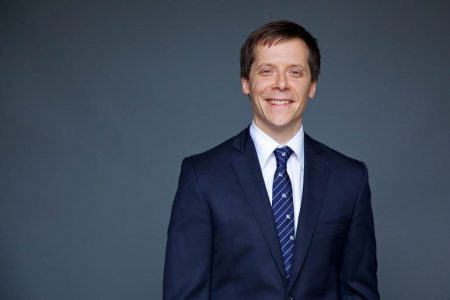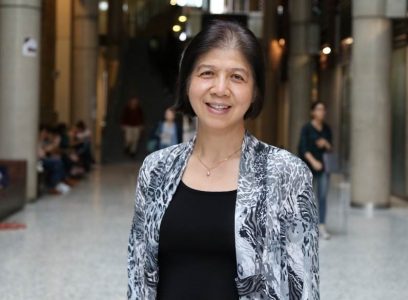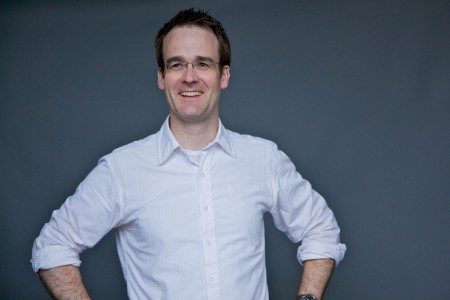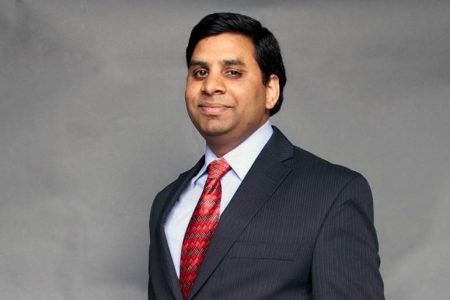October 24, 2016
The MSE department is pleased to announce the promotion of four of its faculty members, in recognition of their accomplishments in research, teaching and service.

Glenn Hibbard has been promoted to the rank of Professor in recognition of sustained research excellence, with his work on cellular hybrid materials having significant impact on the field of lightweight structural materials. He has also been recognized for excellence in teaching, being a perennial winner of the IMPACT student choice award for teaching. He has also done significant service for the department in his role as Associate Chair, Undergraduate.

Photo: Kevin Soobrian
Keryn Lian has also been promoted to the rank of Professor in recognition of sustained research excellence, with her work on developing new materials and electrochemistries for energy storage being particularly significant. Her laboratory, the Flexible Energy and Electronics Lab, also works on printed electronics for a new generation of flexible devices that have applications in areas such as wearables.

Scott Ramsay has been promoted to the rank of Associate Professor, Teaching Stream. Since joining our department full time in 2009, Scott has taught a wide range of undergraduate courses across our curriculum, with a particular focus on first year teaching. He has completely revitalized MSE101 with the development of new labs, and the testing of new teaching methods that also leverage a large inventory of on line materials that he has developed. In parallel with this, he has also created an online materials course, and is in the final stages of developing a MOOC related to Materials Science.

Chandra Veer Singh has been promoted to the rank of Associate Professor. Since joining our department in 2011, Prof. Singh has established a very active research programme in the area of computational materials science. He has established collaborations with many other faculty members both within and outside MSE and has applied his modeling expertise to many areas of advanced materials development, ranging from new catalysts for solar fuels to the structural properties of nanomaterials. He has also made significant contributions to curriculum changes in the areas of engineering mathematics, and computation.